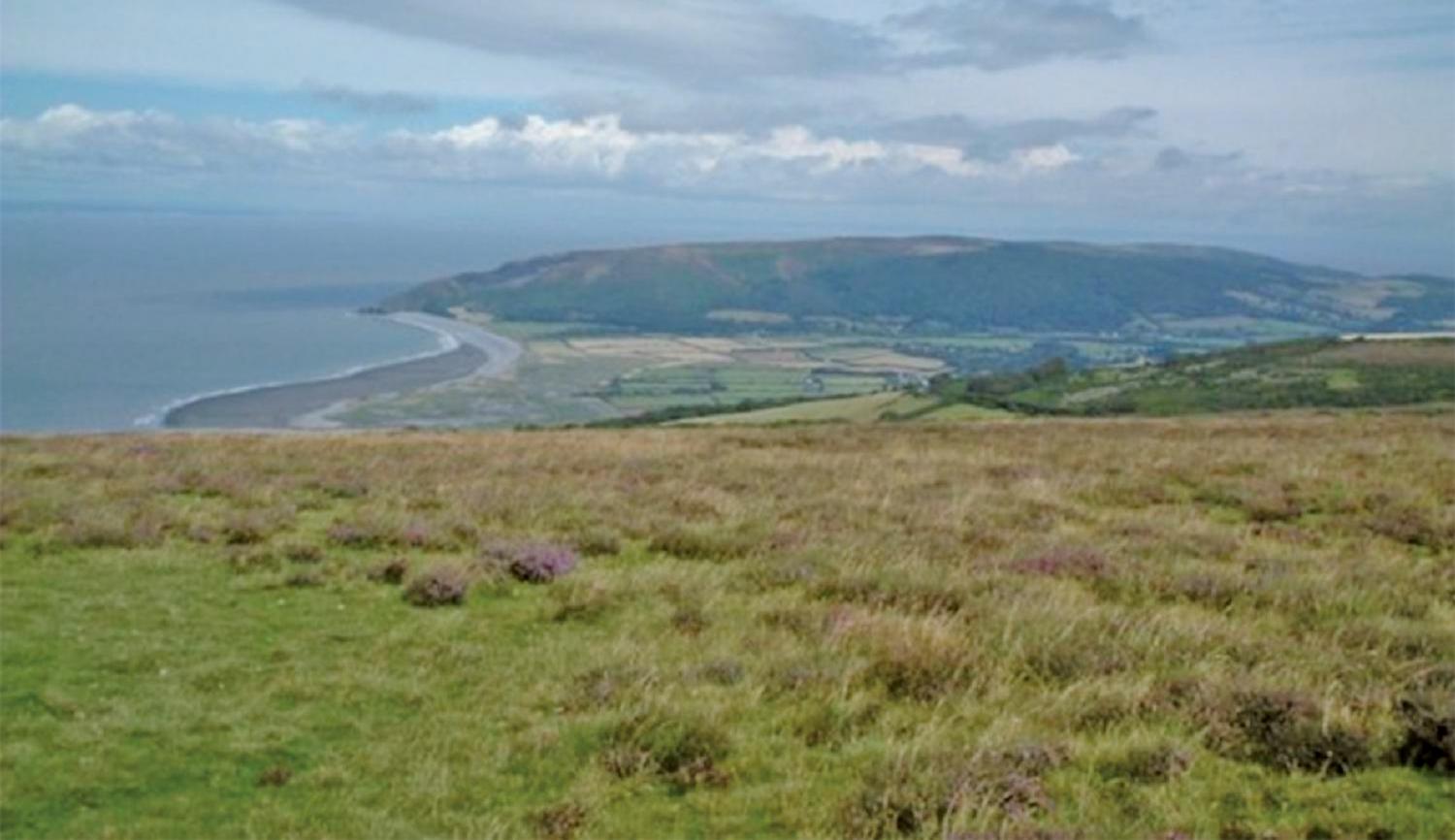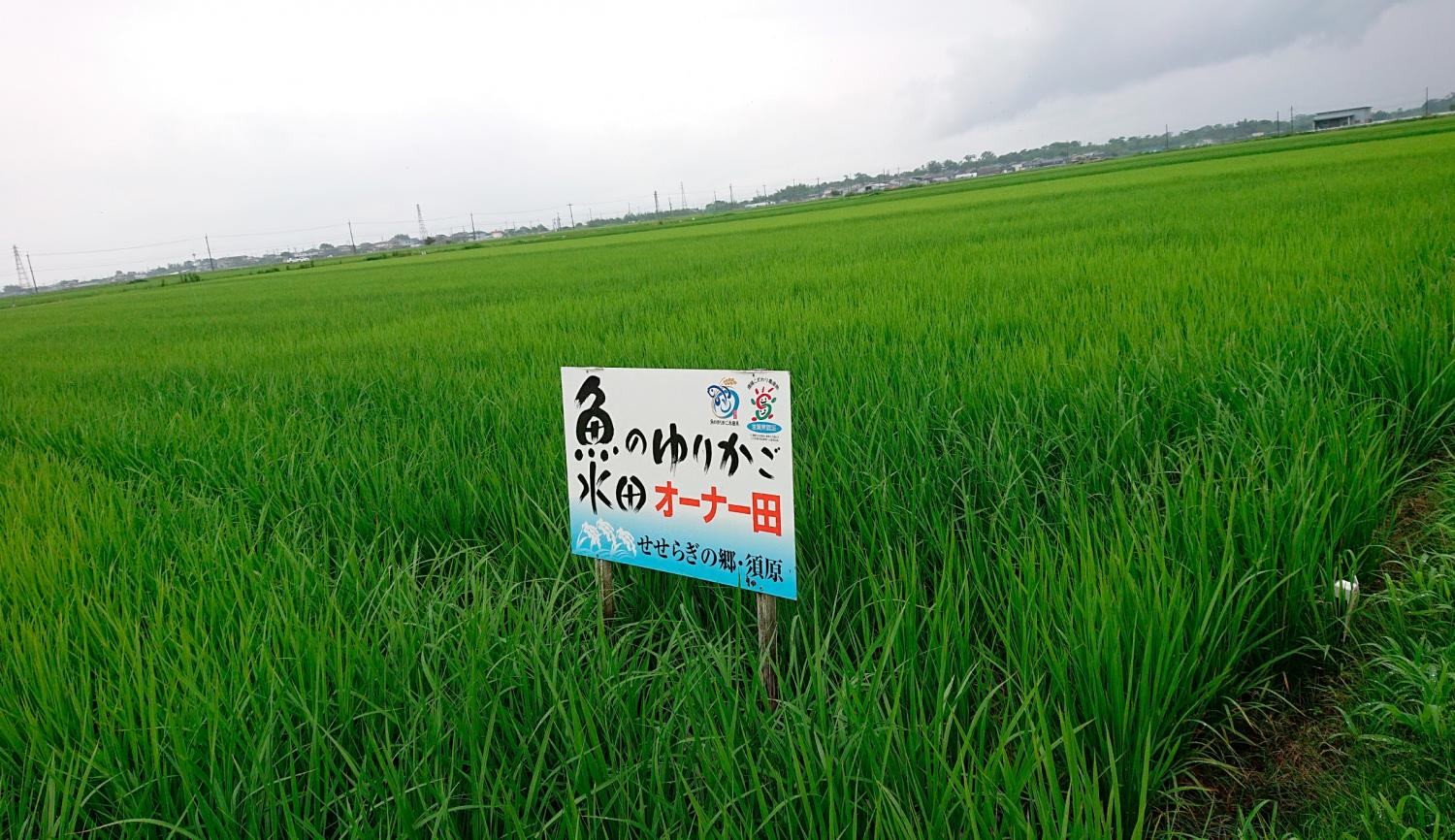
Combining Knowledge for a Fundamental Innovation of Land Use Program
Combining Knowledge for a Fundamental Innovation of Land Use to Combat Global Environmental Challenges
Program outline
Land use generates a variety of socioeconomic benefits, and as a foundation for socioeconomic activities, it plays a major role globally in addressing population growth and reducing poverty. However, both socioeconomic activities on land and changes in land use create core global environmental challenges, such as greenhouse-gas emissions and the depletion of ecosystem services. Drastic improvements in land use and management practices, such as sustainable intensification, are required in certain geographic areas. For example, changing the sites or methods of land use in rural or urban areas can enhance ecosystem services, flood control capacity, and soil carbon sequestration, while stimulating the deployment of renewable energy. These science-based innovations are urgent, as the remaining time is limited.
Challenges must be confronted to substantially improve land use. One is to resolve the conflict between regional collective actions and the actions of individual actors, including private sectors in the current socioeconomic system. Another challenge is the need to develop strategies and organizations that address issues arising from the varied relationships between socioeconomic activities and natural capital in diversified contexts and geographical areas. Furthermore, there are additional perspectives to coordinate in new strategies. As examples, land use forms the basis of local culture, and rural and urban areas further complement and interlink with each other as well.
This program aims to propose initiatives for improving the use of land and its associated water resources, as well as the institutional frameworks and policies for scaling them up.
Additionally, it should contribute to the establishment of international standards for institutional frameworks and policies. The program will do so by facilitating an international policy ecosystem for the exchange and generation of innovative ideas.

Project List
Research progress update
This program began in April 2023. Under the program, multiple projects operate autonomously, each utilizing its own ideas and methodologies, while collectively aiming to achieve the program’s objectives. In FY2024, alongside the Full Research third-year project titled “Fair for Whom? Politics, Power and Precarity in Transformations of Tropical Forest- agriculture Frontiers,” a new Pre-Research project called “Satoyama Reconnections: Engaging Communities in Resilient, Nature- and Climate-positive Land Use Futures” has been added. Additionally, six projects have progressed from the incubation stage to the assessing feasibility stage.
To advance the projects under this program, it is crucial to create an environment where projects stimulate each other while enhancing complementarity. Each research project shares a focus on land use as its mission and a strong awareness of the impact on actual policies and institutions, as well as adopting interdisciplinary and transdisciplinary methodologies. However, there are differences in the scope of land targeted, the nature of environmental issues addressed, and the approach to impacting policies and institutions. To maximize the individuality of projects while enabling the achievement of the program’s overall objectives, efforts will be made to enhance complementarity based on activities such as setting up forums for exchanging opinions on project content and progress and organizing seminars and workshops on common themes.
Relatedly, the program aims to become a “policy ecosystem,” where policymakers, relevant actors, and researchers converge, generating innovative ideas for land use innovation. Research on the conditions conducive to policy and institutional innovation is progressing, and building on these findings, the program itself seeks to serve as a venue for a sort of social experiment, contributing to policy and institutional innovation.
Member
Program Director
SHOBAYASHI Mikitaro
Specially Appointed Professor, RIHN


